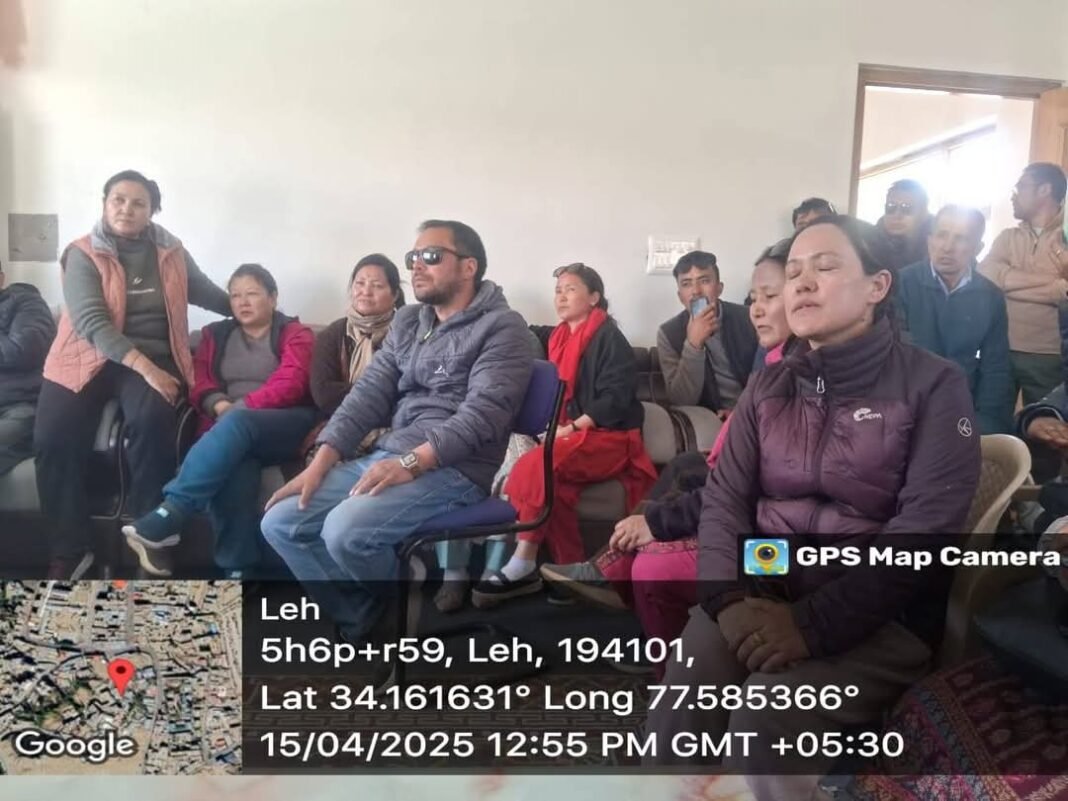Diplomat Correspondent
Srinagar, (DD): Prime Minister Narendra Modi’s scheduled visit to Jammu and Kashmir on 19 April to inaugurate the much-awaited Vande Bharat Express between Katra and Srinagar has been postponed, officials confirmed today.
Preparations were well underway for the historic event, including mock drills and trial runs on the Udhampur–Srinagar–Baramulla Rail Link (USBRL), a 272-km mega infrastructure project set to transform rail connectivity in the region.
Chief Area Manager (CAM) Kashmir, Saqib Yousuf Yatoo, confirmed the deferment, adding that a new date for the Prime Minister’s visit has not yet been announced.
The Vande Bharat Express, tailored for operation in the sub-zero climate of the Kashmir Valley, is currently stationed at Katra. The train features eight fully air-conditioned coaches equipped with advanced amenities such as cab heating, high-capacity HVAC systems, sealed gangways, infotainment screens, CCTV surveillance, LED lighting, mobile charging ports, automatic plug doors, and electro-pneumatic brakes.
Although designed to travel at speeds of up to 160 km/h, it will operate at a restricted speed of 85 km/h on the Katra–Srinagar route, as approved by the Commissioner of Railway Safety.
Officials highlighted that the journey between the two cities will be reduced to just three hours, a substantial improvement over the current 6–7-hour road journey.
The USBRL project, spanning 272 kilometres, comprises 119 km of tunnels and connects key districts including Udhampur, Reasi, Ramban, Anantnag, Pulwama, Budgam, Srinagar, and Baramulla. The corridor also boasts two iconic structures: the world’s highest railway bridge over the Chenab River and India’s first cable-stayed railway bridge at Anji Khad.
The Chenab Bridge, soaring 467 metres above the riverbed, is 35 metres taller than the Eiffel Tower and was built using around 29,000 tonnes of steel. It has been engineered to withstand earthquakes of up to magnitude 8, given its location in a high-seismic zone.
Sanctioned in 1994–95 and declared a National Project in 2002, the USBRL has been developed in phases. Operational segments include Qazigund–Baramulla (2009), Banihal–Qazigund (2013), Udhampur–Katra (2014), and Banihal–Sangaldan (2020). A successful trial run of MEMU trains was also held last year on the electrified Reasi–Sangaldan stretch.
At present, train services in the Valley are functional only on the Sangaldan–Baramulla section, while long-distance trains continue to terminate at Katra.(DD)



